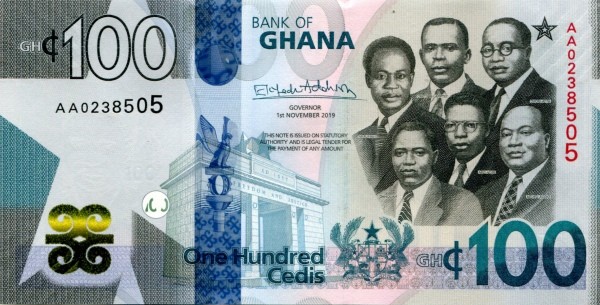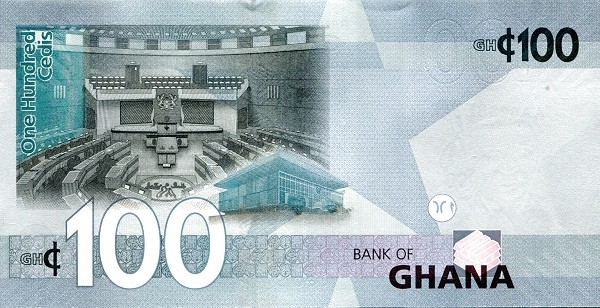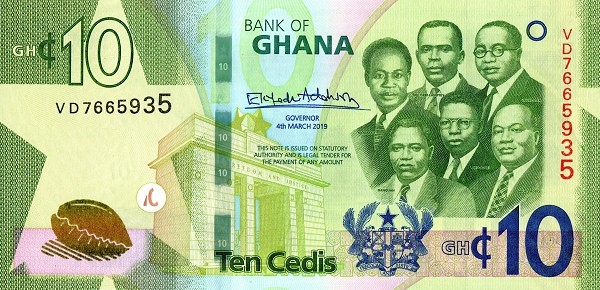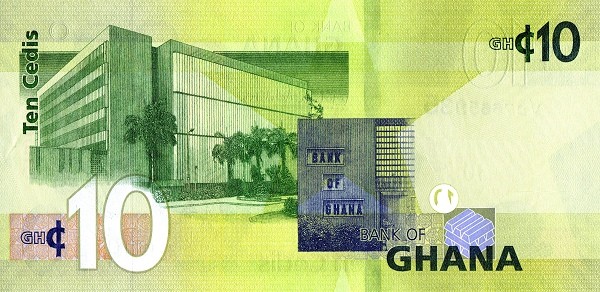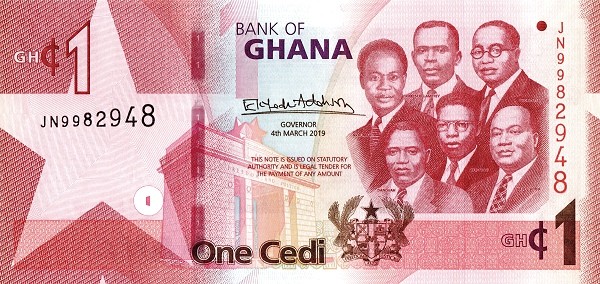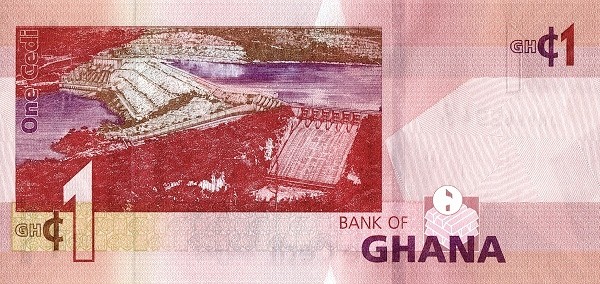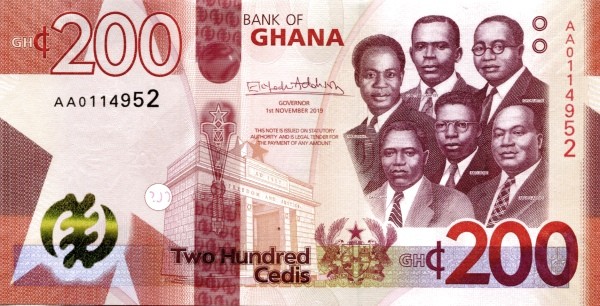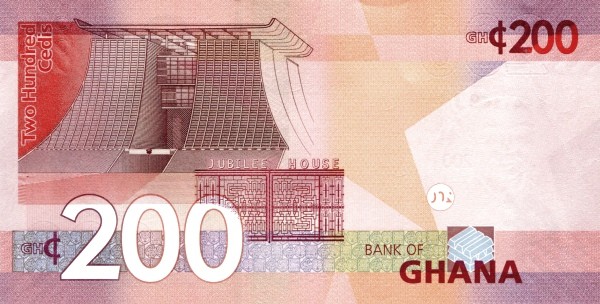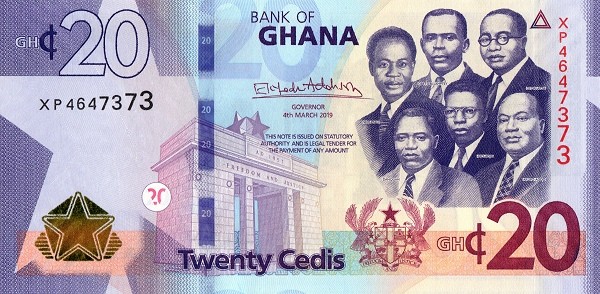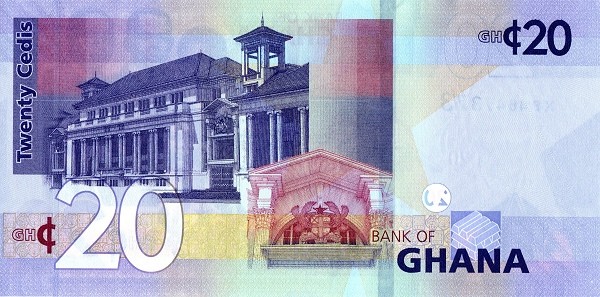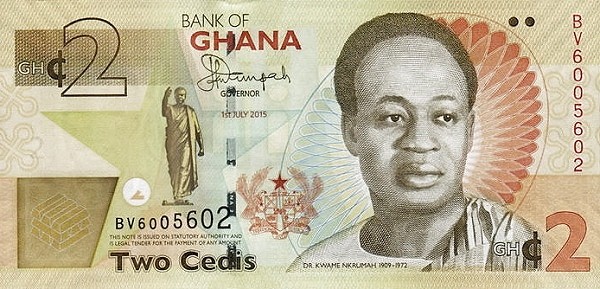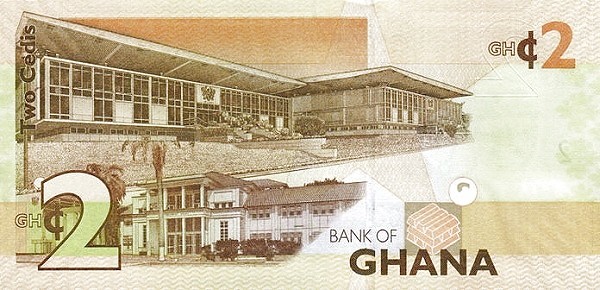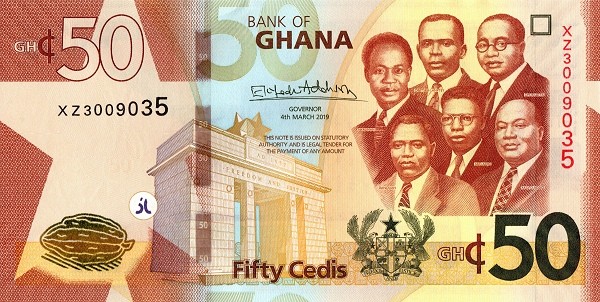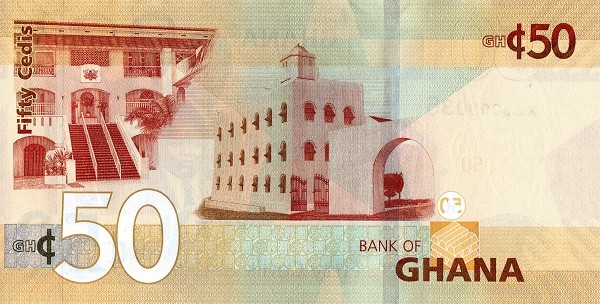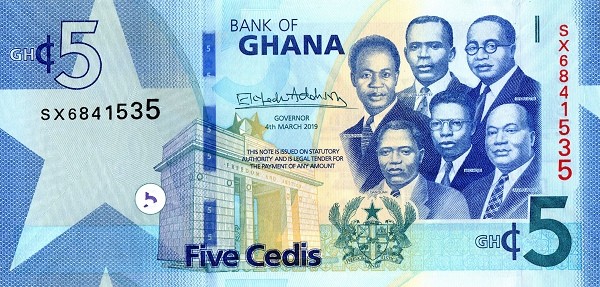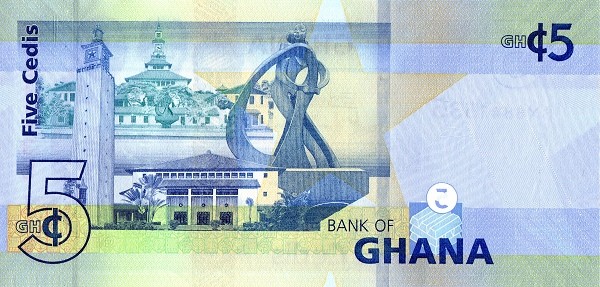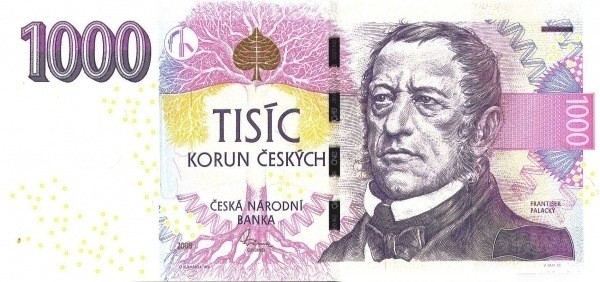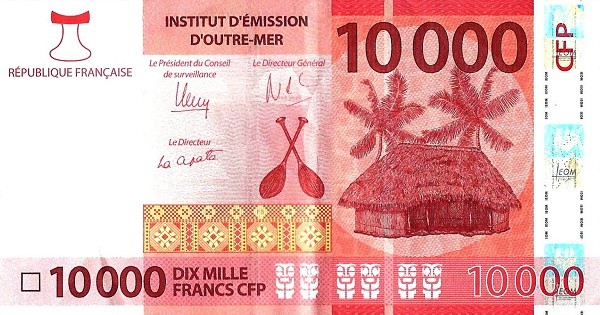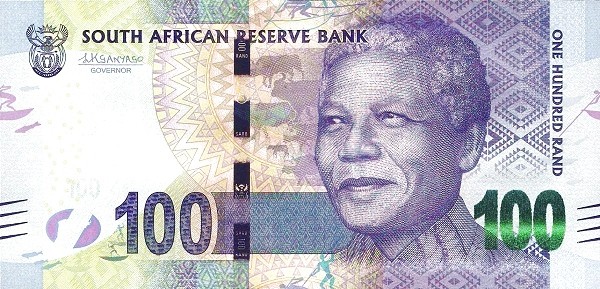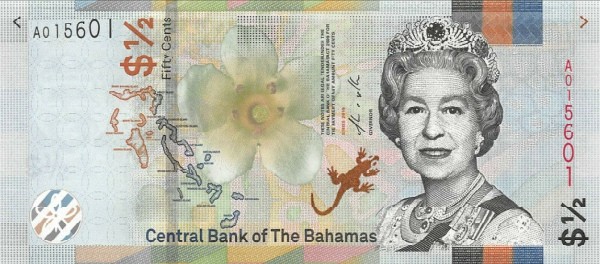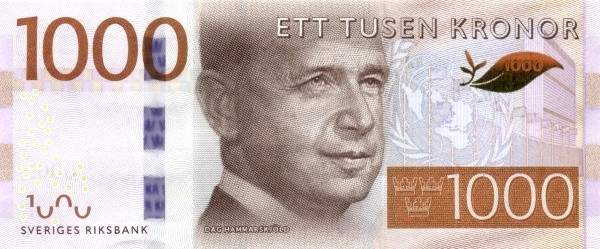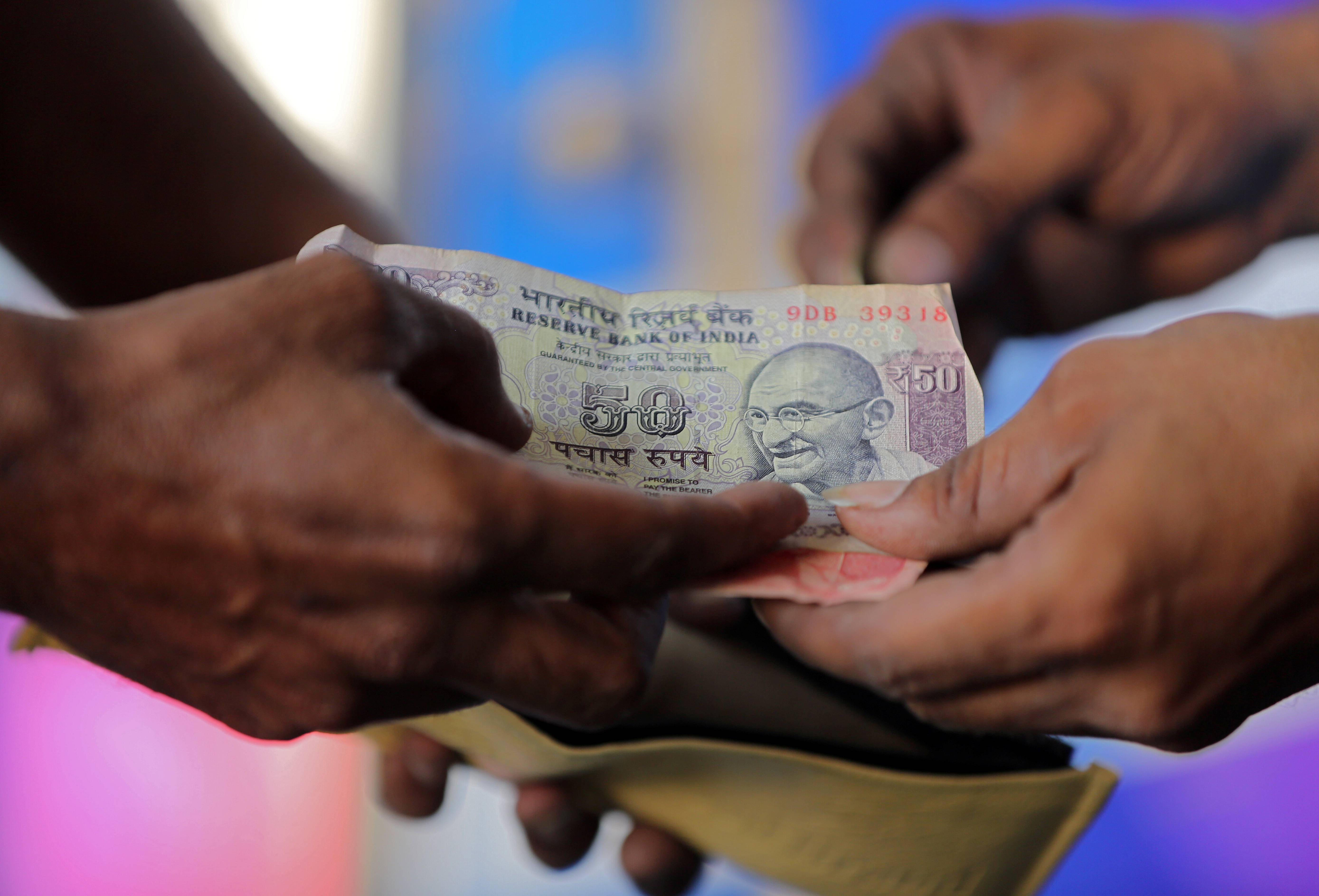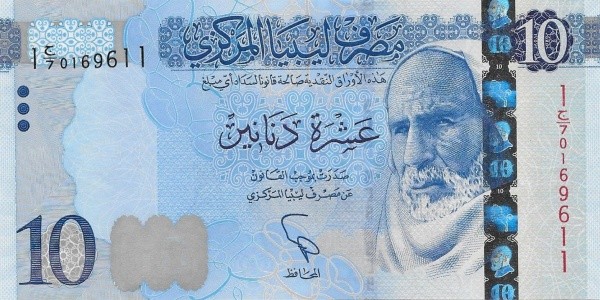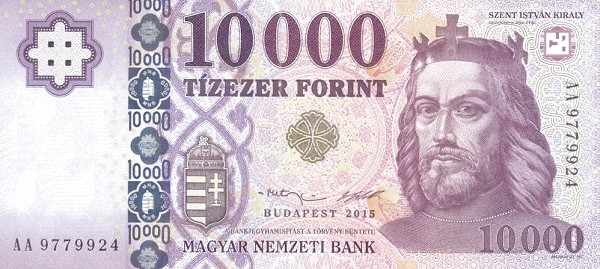Ghanaian Cedi
The Ghanaian Cedi is the official currency of Ghana, a country located in West Africa. It is denoted by the symbol "₵" and is subdivided into 100 pesewas. The currency has been in circulation since 1965, replacing the Ghanaian pound at a rate of 1 pound to 2.4 cedis.
The Ghanaian Cedi is issued by the Bank of Ghana, the country's central bank, and is widely accepted as a medium of exchange within Ghana. It is available in both banknotes and coins, with denominations ranging from 1 cedi to 200 cedis.
The currency plays a crucial role in Ghana's economy, facilitating trade and commerce both domestically and internationally. It is used for various transactions, including purchasing goods and services, paying taxes, and conducting business operations.
The value of the Ghanaian Cedi fluctuates against other major currencies, such as the US dollar and the Euro. The exchange rate is determined by market forces and is influenced by factors such as inflation, interest rates, and foreign exchange reserves.
Efforts have been made by the government and the central bank to maintain the stability of the currency and control inflation. These include implementing monetary policies, managing foreign exchange reserves, and promoting economic growth and development.
Overall, the Ghanaian Cedi serves as an important tool for economic activities in Ghana, contributing to the country's financial stability and growth.
Below is the related paper currencies in Ghanaian Cedi.
2019 GHS100
